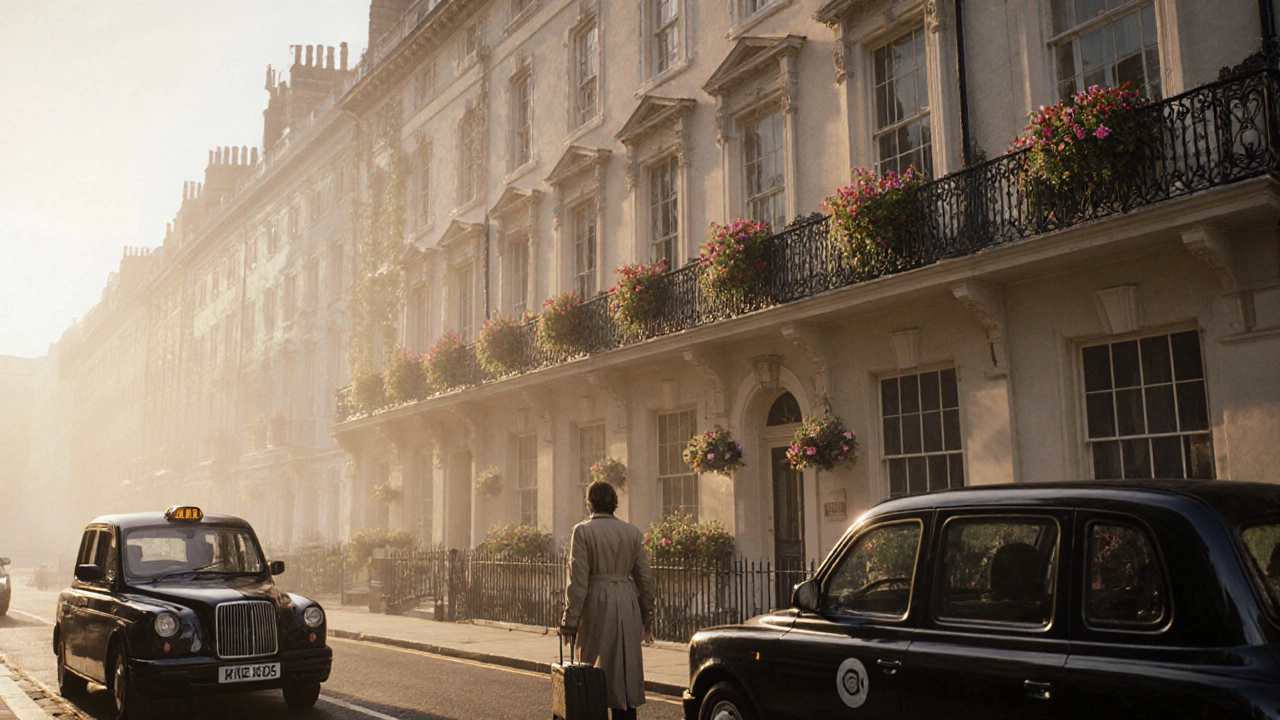Hotel Rates: What They Are and How to Get the Best Deal
Ever booked a room that seemed way too pricey and then saw the same place cheaper a few days later? That’s the world of hotel rates at work. Rates change every hour, every day, and even every minute depending on demand, events, and how far ahead you book. Understanding the basics helps you avoid overpaying and keeps your travel budget in check.
Why Hotel Prices Fluctuate
Hotels use a system called dynamic pricing. When a big concert, sports game, or conference hits a town, demand spikes and rooms fill up fast. The software automatically raises the price to match the higher demand. The opposite happens in off‑season months or on weekdays when fewer travelers are around – rates drop to attract guests.
Another factor is the booking window. Most hotels offer the cheapest rates 3‑4 weeks before check‑in. Book too early and you might pay a higher early‑bird price; wait until the last minute and you could either snag a steal or face a surge price if the hotel is nearly full.
Practical Ways to Compare and Save
1. Use multiple sites. No single site has every deal. Check the hotel’s own website, big aggregators like Booking.com or Expedia, and price‑comparison tools that pull data from several sources. Sometimes the hotel’s direct booking includes free breakfast or a late check‑out that the third‑party sites don’t show.
2. Look for rate categories. “Standard,” “Flexible,” and “Non‑refundable” are common labels. Flexible rates let you cancel for free but cost more. If your plans are set, lock in a non‑refundable deal – it’s usually the cheapest option.
3. Check for hidden fees. Some sites show a low base price but add taxes, resort fees, or Wi‑Fi charges at checkout. Add those up before you decide.
4. Set price alerts. Most travel sites let you create alerts for a specific hotel. You’ll get an email when the price drops, saving you the habit of checking daily.
5. Leverage loyalty programs. Even if you don’t travel often, joining a hotel’s free loyalty scheme can net you points, room upgrades, or exclusive member rates that are lower than public prices.
6. Consider location trade‑offs. A hotel in the city centre commands a premium. Staying a few miles out and using public transport or a short drive can shave off 20‑30% of the cost, especially in popular tourist spots.
When you’re planning a cottage getaway, these same tricks apply. Many holiday cottages list rates per night, but they also have seasonal adjustments similar to hotels. Look for off‑peak weeks, bundle multiple nights for a discount, and always read the fine print about cleaning fees.
Finally, trust your gut. If a deal looks unbelievably low, double‑check the cancellation policy and reviews. A cheap room with a broken heater or no hot water won’t save you money in the long run.
By keeping an eye on demand cycles, using a few comparison tools, and staying aware of extra charges, you can turn hotel rate roulette into a predictable part of travel planning. Your next trip will feel less like a gamble and more like a smart, budget‑friendly adventure.
Are Boutique Hotels More Expensive? A Clear Guide to Pricing and Value
Explore why boutique hotels often cost more, the factors influencing their rates, and how to find great deals without sacrificing charm.
- Sep, 27 2025
- 0 Comments
